China warns US not to ‘play with fire’ over Taiwan
China has warned the United States that it “should not play with fire” after US Defense Secretary Pete Hegseth said Beijing posed an “imminent” threat to Taiwan.
China's warning came following Pete Hegseth’s comments during the 22nd Shangri-La Dialogue summit in Singapore, Asia’s most important security forum, amid an escalation of tensions in the Indo-Pacific region.
Speaking at the first plenary session of the International Institute for Strategic Studies on Saturday, the Pentagon chief warned the attendees that Beijing posed an “imminent” threat to Taiwan.
In response to Hegseth’s remarks, a Chinese foreign ministry spokesperson on Sunday warned Washington against playing with fire.
“The Taiwan issue is purely China’s internal affairs. No foreign country has the right to interfere," the spokesperson said in the statement.
Beijing is “strongly dissatisfied and resolutely opposed” to what it considered a “provocative and inciting” speech by Hegseth that was “full of provocations.”
“The US should not use the Taiwan issue as a bargaining chip to contain China and should not play with fire.”
Beijing said the US military has “deployed offensive weapons in the South China Sea, fanned the flames and created tensions in the Asia-Pacific region."
It slammed the Western countries for arming nations in the region, blaming them for the escalation of tensions.
The Indo-Pacific region has been turned by the United States and its Western allies into a "powder keg,” Beijing said.
The spokesperson added that “there has never been any problem with freedom of navigation and overflight in the South China Sea,” where it maintains territorial disputes with neighboring countries such as the Philippines, Malaysia, and Vietnam, and that China manages its differences “through dialogue and consultation” under the law.
“China urges the US to earnestly respect the efforts of regional countries to maintain peace and stability, stop deliberately undermining the regional peace and stability, exaggerating conflicts and confrontations and exacerbating regional tensions,” it said.
“China is strongly dissatisfied and resolutely opposed to this and has lodged solemn representations to the US,” it said.
In his speech on Saturday, Hegseth had warned that China seeks to “dominate and control” parts of the region and assured that Washington will not allow Beijing to change the status quo by force.
Hegseth also claimed the Chinese military has been ordered to be capable of invading Chinese Taipei by 2027 and is “training for it every day (…) rehearsing for the real deal.”
“Let me be clear: any attempt by Communist China to conquer Taiwan by force would result in devastating consequences for the Indo-Pacific and the world. There’s no reason to sugarcoat it. The threat China poses is real, and it could be imminent,” the Pentagon chief added.
Also speaking at the Shangri-La Dialogue security conference in Singapore on Friday night, French President Emmanuel Macron drew a parallel between the dispute over Taiwan and the ongoing Russian military operation in Ukraine.
If Russian President Vladimir Putin could take Ukrainian territory “without any restrictions, without any constraints … what could happen in Taiwan? What will you do the day something happens in the Philippines?” Macron asked.
China’s embassy in Singapore said in a Facebook post on Saturday that these two situations are entirely different and cannot be compared.
The Chinese embassy accused Macron of applying a “double standard” for the false analogy of his argument. “Comparing the Taiwan question with the Ukraine issue is unacceptable,” the embassy said. “The two are different in nature and not comparable at all.”
China sees Taiwan as an inseparable part of the country, saying it will achieve “national reunification” with the wayward island while warning its officials to refrain from formally declaring independence.
Almost all countries adhere to the “One-China” principle. However, some Western countries sell arms and maintain informal ties with Taiwan, irking Beijing.
One killed as Israeli airstrike hits southern Lebanon amid truce breaches
Iran says it has enough deterrence without nukes
EU’s IRGC listing shows elite force effective in foiling Israeli plots: Yemen
VIDEO | Europe hostile move against IRGC
VIDEO | Zionists against the NHS
Trump compromised by Israel, Epstein files reveal
Iran, China, and Russia to hold joint naval exercise
Leader visits Imam Khomeini’s mausoleum ahead of 47th anniversary of Islamic Revolution


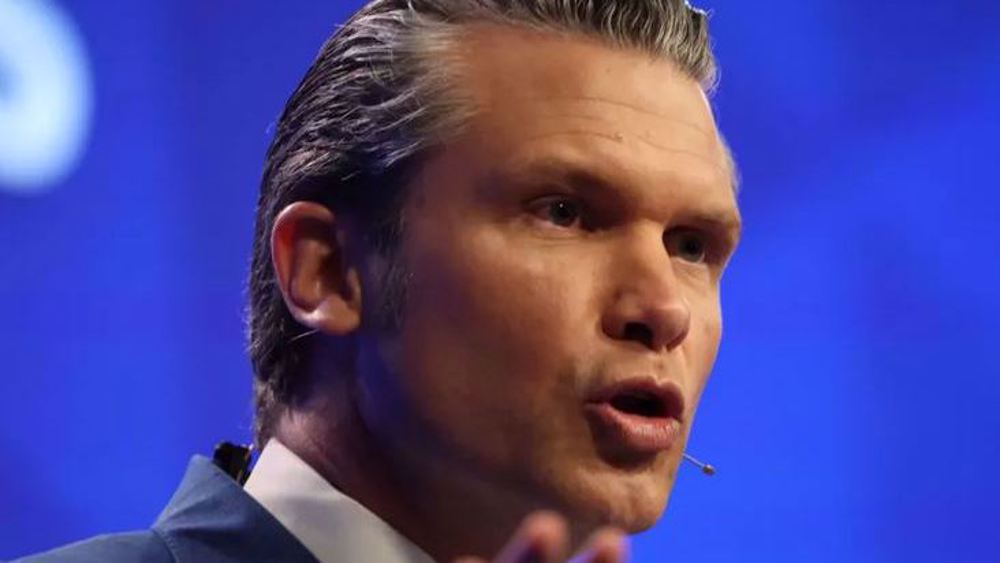
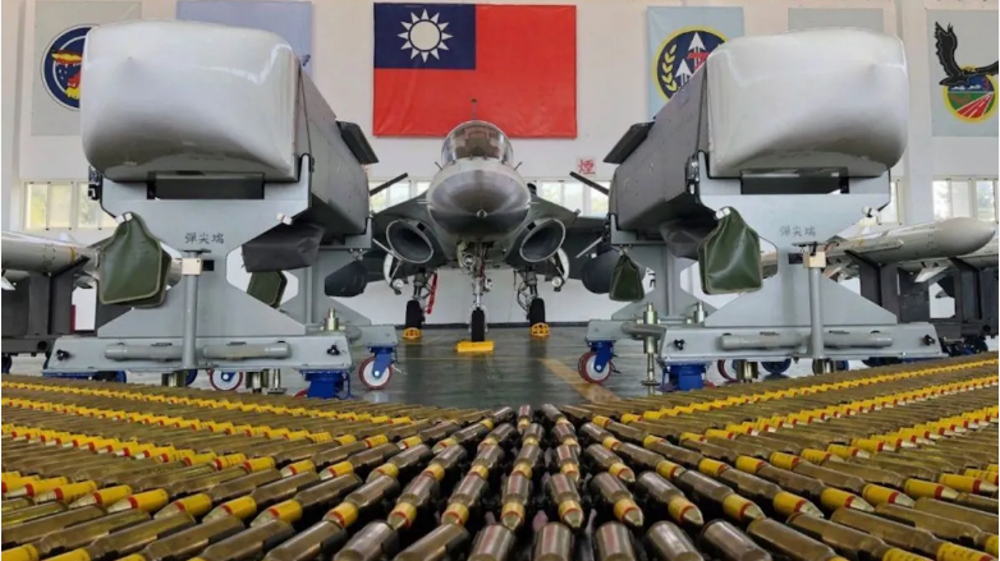
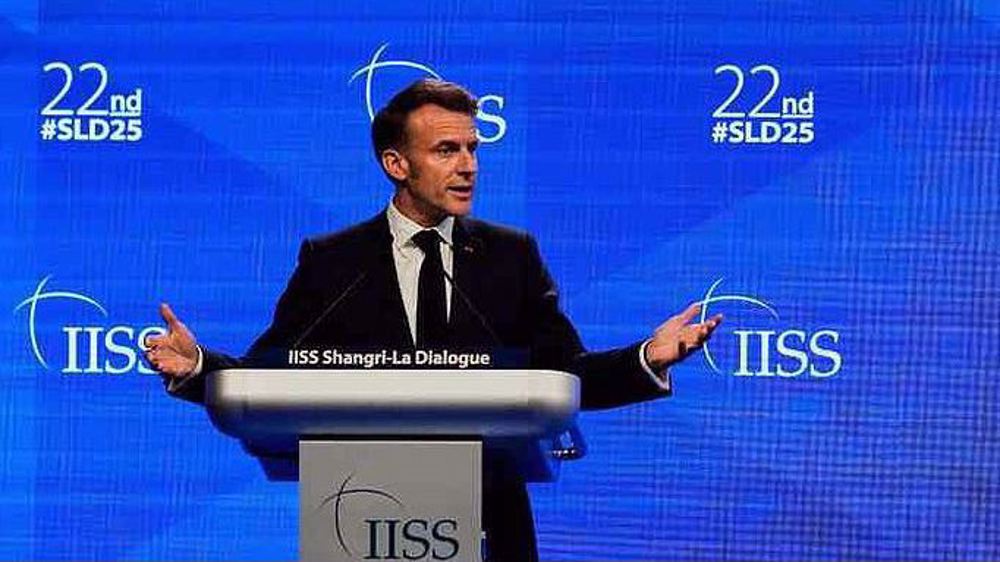
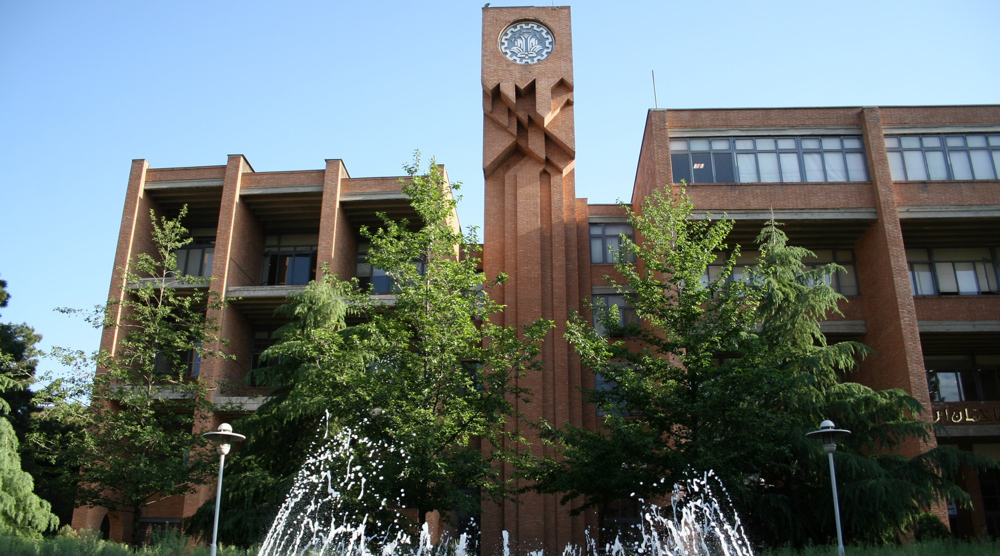
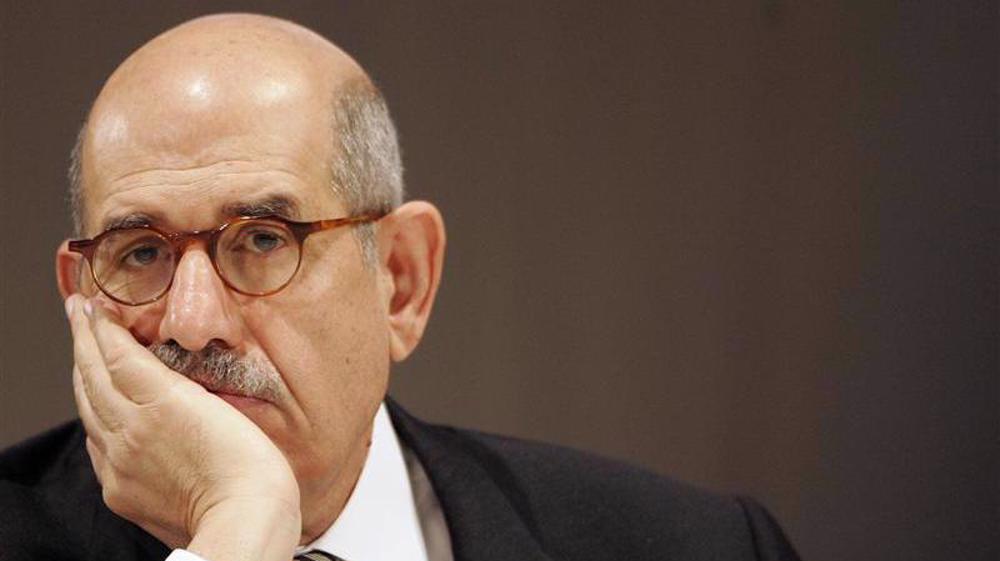
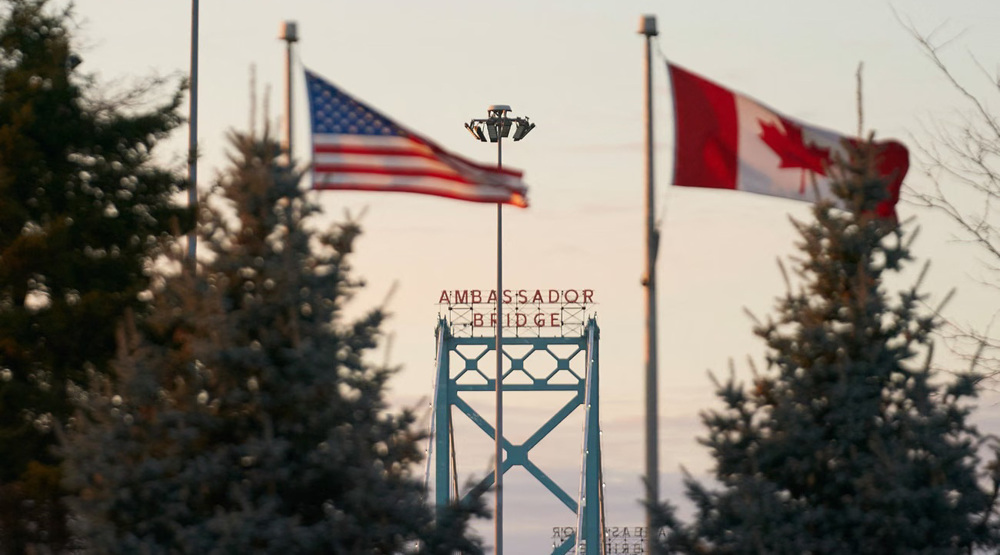




 This makes it easy to access the Press TV website
This makes it easy to access the Press TV website